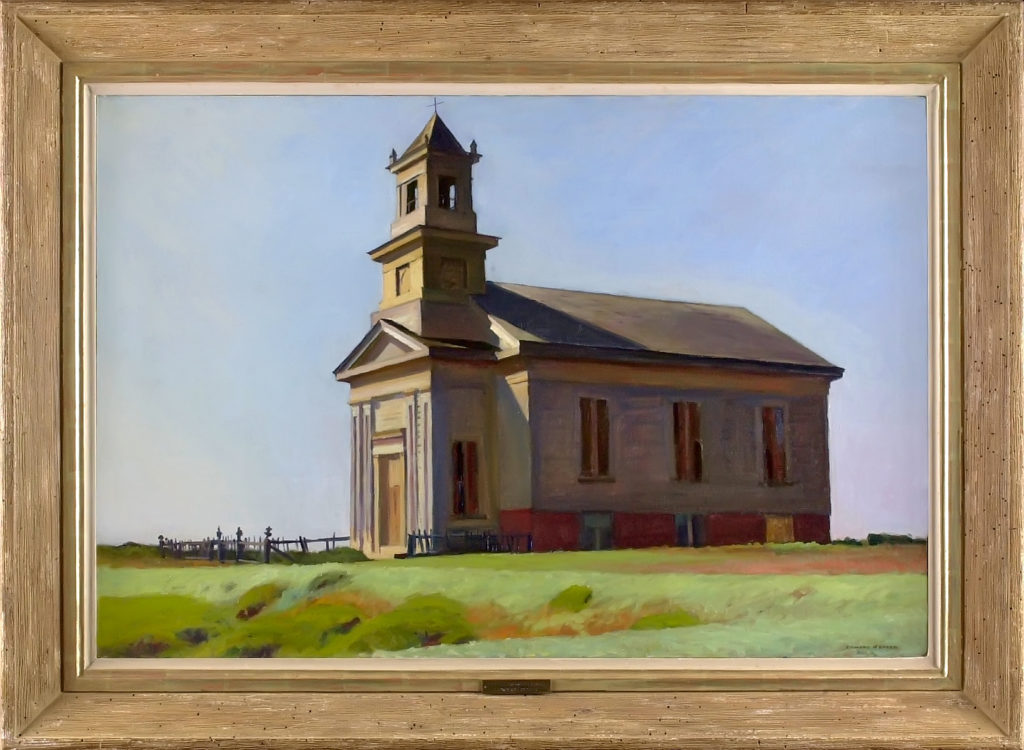
TAKING CARE OF BUSINESS
by Craig Ferguson
The Reverend Jefferson T. Adams, beloved and respected minister of this parish for over fifty years, pulled deeply on the long fragile Jamaican style reefer and held the smoke deep in his lungs. There was no sensation of getting high anymore, or indeed panic or paranoia or any of the other unpleasantness. No sensation at all really but he enjoyed the ritual.
He listened to the music from outside the church. It was too nice a day to go inside. Cold and still with a high milky cataract of cloud diffusing the sunlight enough to flatter the landscape, softening the edges and blanching out the imperfections like an old actor’s headshot.
The sea was guilty and quiet, like it had just eaten.
He’d been to too many funerals anyway. You can’t pastor for all that time and not get a little tired of it. Very tired.
Cold and still.
Not just the day.
Poor decrepit old bugger in the church. He’d been getting colder and slower for years until he just stopped altogether and froze.
The sound was beautiful. Local children from the Sunday school with a mournful and ethereal version of Elvis’s “Rock a Hula Baby” from the awful 1961 movie “Blue Hawaii” Funny and silly and bizarre and sad.
Just like his life.
Billy had got him started on the Ganja after he told him about The Cancer. Showed him articles from the internet written by many “ leading health professionals” Billy had said, in that odd way he had of sounding like an infomercial whenever he was telling you something he believed to be important.
Billy said, “Of course it won’t cure you but it alleviates stress and combats the nausea from the chemo,” a tidbit he quoted from the pompous hipster clerk who had sold him the marijuana at the dispensary in Portland. The clerk had implied while saying the opposite that in fact the marijuana might indeed cure cancer.
Jefferson had told Billy that he was not taking chemotherapy treatments, that he felt, now he was in his eighties, it was just a way of making things worse on the road to the inevitable and that Doctor Naismith didn’t think it would have much effect anyway. Billy hadn’t paid any attention to that. He had an endearing and infuriating way of being deaf to anything that got in the way of his theories. So the two old men took to sitting on the beach smoking fine legal herb and waiting for death or a cure. Also, Jefferson really enjoyed the marijuana. It made him feel calm and goofy and unafraid, which were things he was not when free of its influence.
At least not at first.
It had bonded him with Billy, really the last person he thought he’d have shared his final days with. Billy the distracted passionate believer in a myriad of mysteries who had hounded him for years with questions about Jesus and the disciples and the Arc of the Covenant and aliens and Atlantis and, for an alarming couple of weeks, the spiritual benefits of tantric sexual practice which Billy lacked a partner for but was enthusiastically practicing on his own.
Jefferson had explained patiently over and over again that, as an octogenarian and Presbyterian, not to mention a Minster of the church, many of these subjects were outside his area of expertise. Particularly, and please lets never bring up this subject again, the tantric sex.
He admired Billy’s spiritual hunger though, his desperate appetite for “ The Unexplained” remained ravenous even as the man himself hurtled into his dotage. And Billy was compassionate, driving four hours to Portland to buy good legal pot for the Reverend every week even after Jefferson had told him it was unnecessary.
Billy liked the marijuana too of course. He had learned to make a joint from an instructional video on YouTube. They had tried various methods of imbibing – the pinched single paper type joint favoured by incarcerated white supremacists and 1920s flapper girls – the idiot frat boy bong method – they even tried making brownies but years of being catered to by mothers and wives had left them both hopeless in area of food preparation. They eventually settled on the Rastafarian three cigarette paper style joint with the cardboard roach. It seemed to be the most religious way of going about the business of getting high.
The ceremony of preparation was almost as important as the inhalation of the sacred smoke.
They had known each other for over seventy years, not friends all that time of course, but in the same grades through elementary and high school. Jefferson had left town to go to divinity school, a credit to his deeply devout parents, and returned to become the third generation of Adams’ to attend to the spiritual needs of the town. Everybody was very happy about this, the community then was almost all fishermen and their families and these are people who love continuity. It’s reassuring when you deal with something as capricious as the sea.
Billy had taken over his father’s auto repair shop and married Barbara French. They had two daughters who he lost touch with after Barbara had left him, with the girls, to shack up in Prescott Arizona with a photocopier salesman she had met at a sales conference in Vancouver.
So Jefferson and Billy had been aware of each other but never connected in any real way until Jean had died. Jefferson had never entertained the thought that his wife, ten years his junior, would go before him but just a month after her sixtieth birthday and two months after his seventieth she had fallen over in the kitchen having had a massive heart attack. The doctor told him later that she had probably been dead before she hit the floor which was meant to be a comforting thought but Jefferson found little solace in it. It seemed such an unfairly masculine way to die although she had always been a very robust woman…
CRAIG FERGUSON has achieved such prominence as a TV host and comedian that you may not know him as a writer. A look at his novel, Between the Bridge and the River, or his memoir, American on Purpose: The Improbable Adventures of an Unlikely Patriot, will set you straight. Knowing something of his antipathy for certain modernists—Mark Rothko was the subject of more than one late-night rant—I asked him how he felt about Edward Hopper. “I love Hopper,” he said, and proved it with this story; you can read it in full in In Sunlight or in Shadow.
